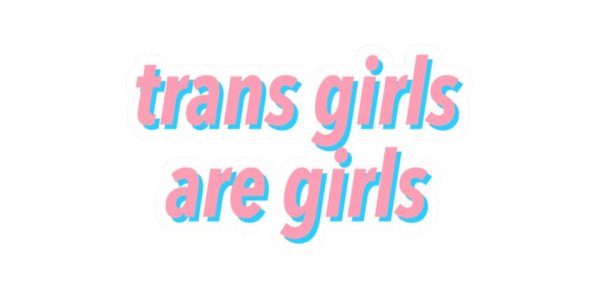T-Girl
T-Girl: Understanding Gender Identity and Sexual Expression
The term T-Girl is a colloquial expression used to describe a transgender woman—a person who was assigned male at birth but identifies and lives as a woman. Within sexual and social contexts, the term often carries both identity and erotic connotations, depending on how and where it’s used.
In many adult communities, T-Girl is used to describe individuals who embrace both their femininity and unique anatomy. However, it’s important to use the term respectfully, as not all transgender women identify with it. The word has evolved over time—from being niche slang to becoming a part of mainstream conversations around gender, sexuality, and representation.
Gender, Body, and Desire
Understanding the T-Girl identity requires recognizing the spectrum of gender diversity. Transgender women may undergo hormone therapy, surgical transition, or choose not to make physical changes at all. Their gender identity doesn’t depend on anatomy—it’s about how they perceive and express themselves.
In the realm of sexuality, attraction to T-Girls can stem from a combination of emotional, physical, and psychological factors. Some are drawn to their feminine presentation, while others are intrigued by the balance of masculine and feminine traits. In adult and fantasy spaces, T-Girls are often celebrated for this duality—embodying both strength and softness.
FAQ
What is the meaning of T in gender?
The “T” stands for transgender, referring to individuals whose gender identity differs from the sex assigned to them at birth.
What body parts do transwomen have?
Transwomen may have male genitalia, female genitalia after surgery, or a mix of traits depending on their transition choices. Every body is unique, and not all transwomen pursue medical changes.
Do transwomen produce sperm?
Some transwomen who haven’t undergone hormone therapy or surgery may still produce sperm, but long-term hormone use often reduces or eliminates sperm production.
Who is attracted to transwomen?
Attraction to transwomen can include heterosexual men, bisexual individuals, or anyone who appreciates femininity. It’s based on personal connection rather than fixed labels.
Can a transwoman get pregnant?
No, transwomen cannot become pregnant because they do not have a uterus. However, advances in reproductive science may offer more options in the future.
Can a female turn to a male?
Yes, that’s known as a trans man—someone assigned female at birth but who identifies and lives as male.
Are transwomen biologically female?
Biologically, transwomen are assigned male at birth, but their gender identity is female. Gender is about identity and expression, not just biology.
















